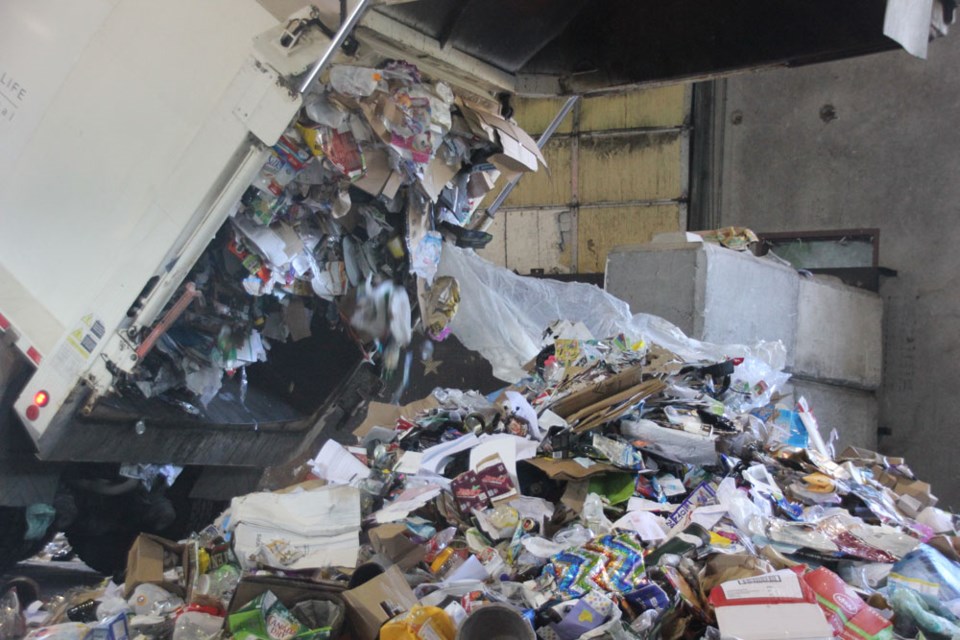Recently George Heyman, B.C.’s Minister of Environment and Climate Change Strategy, proclaimed that British Columbians lead the nation in recycling.
Furthermore, he announced that B.C. is the only province where industry is 100 per cent financially responsible for the collection and recycling of materials introduced into the marketplace.
As a result, every year, 315,000 tonnes of plastics are diverted from our landfills to be recycled.
But before we festoon our streets with celebratory bunting and parade up and down Cleveland Avenue singing that pop classic “We Are The Champions” let’s see if the above-mentioned rosy recycling account actually passes the smell test.
According to a federal government study published this year, nationally 86 percent of plastic waste ends up in landfills. The Economic Study of the Canadian Plastic Industry, Market and Waste states “there is limited direct economic incentive for plastics recycling and value recovery in Canada.” And last month CBC’s Marketplace show commissioned three major waste collection outfits on the Lower Mainland with strong recycling credentials to pick up bales of film plastic in a one-time, business-to-business transaction.
Marketplace agents hid electronic tracking devices in several bales and determined that only one shipment was delivered for recycling. The other loads ended up in a garbage dump, a landfill, and a waste-to-energy incinerator facility. Subsequently, B.C.’s Ministry of Environment and Climate Change Strategy informed Marketplace that waste collected outside the blue box program, from industrial, commercial or institutional sources, “does not legally have to be recycled.”
Myra Hird is a waste management expert at Queen’s University and founder of Canada’s Waste Flow research group. She told Marketplace “[They] are only going to recycle materials if there’s a profit to be made… I think it’s unethical because it’s deceiving Canadians.” She added that the waste produced from incineration “has to be landfilled… It’s far more toxic than the original products.”
Given that preamble, how does the recycling narrative in our own backyard measure up? According to Denise Imbeau, general manager at GFL Squamish, “All residential recycling is collected for and handled by Recycle BC. Once they take the products, we do not follow the material any longer.” GFL also collects certain materials from commercial sources and looks for buyers. David Lefebvre, director of public affairs west, for Recycle BC, when asked whether Squamish residential items destined for recycling end up taking the incinerator detour he said: “Definitely not. We specify the end-use for our materials and our contractors must provide proof of end market.” But in the case of non-residential waste, he said: “Unfortunately, I cannot speak to what happens with commercial materials, as these are outside of the Recycle BC system.”
Brock Macdonald, CEO of the Recycling Council of B.C., had a similar response related to non-residential recycling strategies in Squamish.
“I don’t have really any information regarding commercial recycling as private companies treat those metrics and data as proprietary market information,” he said.
Everything considered, the District of Squamish is in the process of hiring a manager of sustainability and climate change. Whoever gets the nod for that position should be prepared to conduct a comprehensive sector-by-sector review of local waste management practices.




